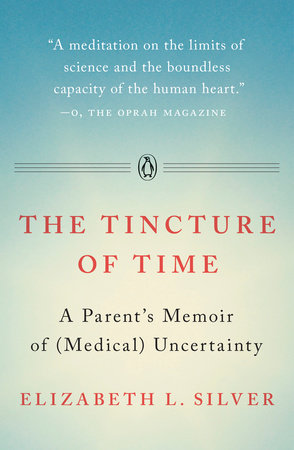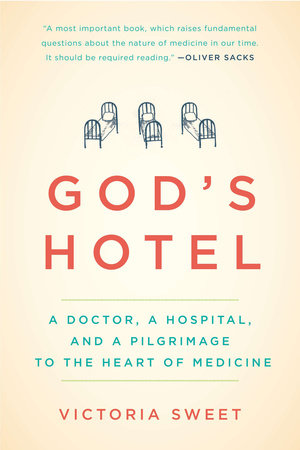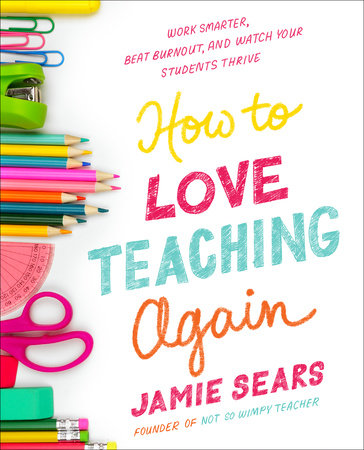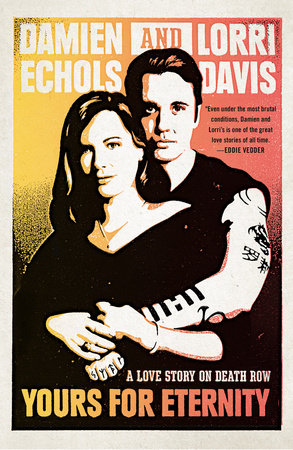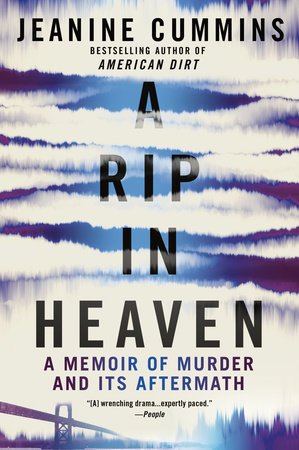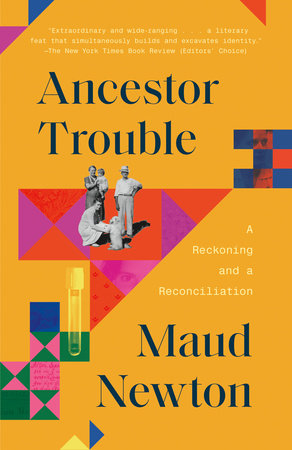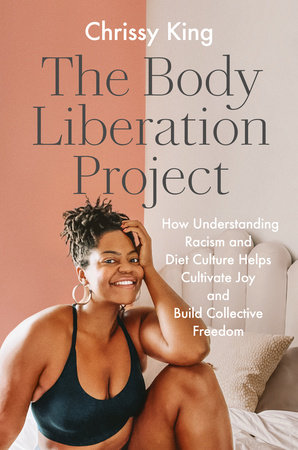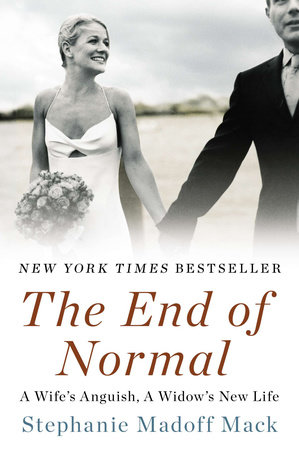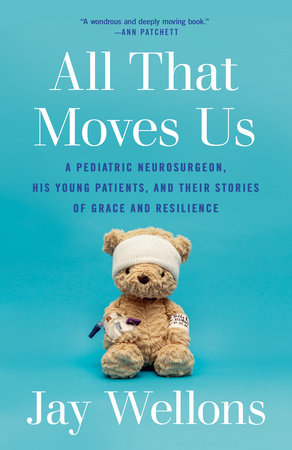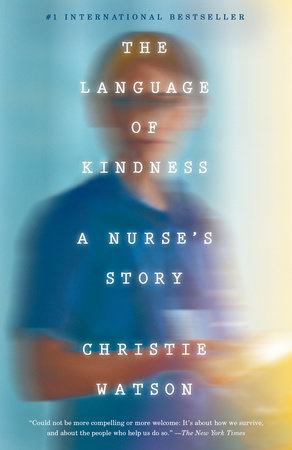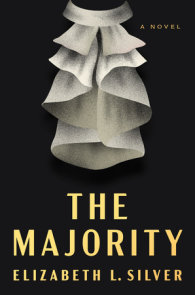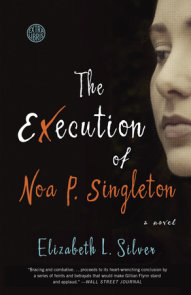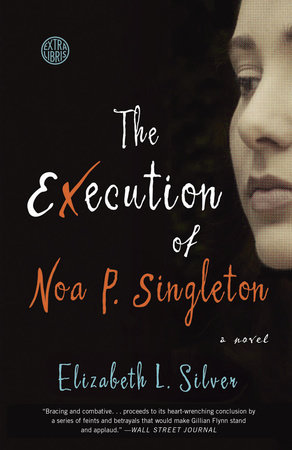Author Q&A
Q&A with Elizabeth L. Silver
Why did you decide to write this book?
Initially, I began writing down everything that happened in order to best present my daughter’s story to doctors, so that they could help her, as she couldn’t speak for herself. Months later, writing turned into a form of coping, a means of expression by which I could make meaning of what was happening. By placing my thoughts on paper, I was able to understand them, and in turn live consciously through my daughter’s recovery and my early months of motherhood. As she recovered, though, I became fascinated by the concept of uncertainty—not knowing what a prognosis would be, why we get sick, why injuries occur—and realized that although this story is all-consuming to me, it, like any individual story, is small. What is enormous, though, is the unknown world of medicine that we avoid. By surrounding myself with literature and philosophy and other case studies with similar subject matter, I was better equipped to understand what I was facing.
I’d love for people to take away a plan with which they can attack their own uncertain medical situations. We can intellectualize our traumatic experiences, combining the emotional with the practical. Medical crises can be very lonely and disorienting, and I hope that this book can serve as a companion and a guide during these emotional times. I hope it will provide community and support, and help others realize that they are not alone when experiencing something similar. That is what books have always done for me.
How is Abby doing now?
She’s four years old now and brilliantly thriving in every category. She’s also a loving big sister. As people frequently say to us, “If you didn’t know, you wouldn’t know.”
The book is divided into three parts: Acute Uncertainty, Sub-acute Uncertainty, and Chronic Uncertainty. Can you talk about this format?
Acute, Sub-acute, and Chronic are the three stages of disease used by physicians around the world with respect to managing and treating illness and injury. Shortly after I began writing about uncertainty, I realized that this terminology can also be applied to the subject matter, no matter the severity and no matter the type of illness—be it as large as degenerative neurological disease, cancer diagnosis, or brain injury, or as small as a routine tonsillectomy, appendectomy, or even the flu. Uncertainty is so nebulous, so difficult to comprehend, that having even a loose semblance of a structured approach was helpful to me. As a result, writing the book within that paradigm made perfect sense for my own story and also for the stories of those I interviewed and researched.
What was the experience of writing this book? Thinking back on it now, are you surprised by anything that came up in the process?
Writing this book was at once painful and cathartic, a masochistic need to relive some of the most unpleasant moments from my life in order to accept them. But by pulling back the curtain on the general concept of uncertainty in medicine, I was able to extend this book beyond my story to those of countless others, which helped me understand what I was exploring in my writing and experiencing in my life.
I interviewed dozens of experts and individuals experiencing medical uncertainty, and though only a handful of their stories made it into the book, our discussions will stay with me forever. Many faced long-term, ongoing uncertainty, which invariably turned their chronic uncertainty into the only known variable, while others shifted my perspective on what uncertainty is, what a medical crisis is, and helped me understand where I fell in the spectrum.
Initially, I was intrigued by the concept of “uncertainty in medicine.” What does that mean? Though it can be partially understood as the unknown, it is not so entirely. For example, many people shared their medical crises or bizarre medical histories with me, which, while fascinating, did not necessarily fall into the category of uncertainty in medicine. It fell into the “strange and unusual” medical category, or the “frustration with medicine and doctors” category. Other people focused on decision-making trees, and the question of how to approach a medical decision when faced with several options. Though this also shares some traits with uncertainty, this is ultimately about decision making when you actually have options. I was very interested in situations where that wasn’t even the case.
While conducting interviews, I also realized that uncertainty in medicine is, in many ways, a litmus test for how people view the world. I ended each interview with a fast association test for their gut reaction to the phrase “medical uncertainty.” The most frequent response was “fear,” with “powerlessness” and “frustration” a close second—all words sharing a particular connotation. Sure, there were a handful of responses in the positive realm, such as “challenge” and “discovery,” but broadly speaking, it was a concept that left people needing something: something comforting, something healing, something . . . more.
Speaking with many experts and individuals who had gone through something similar, different, less traumatic, more traumatic, helped me place my own experience in a greater context, and also helped me realize that this book, while about my own story with medicine and my daughter’s traumatic medical crisis, is also a book about how our approach to our health is a metaphor for how we approach life.
“The Bake Sale” is a beautiful section of the book that brings to life the “mystical belief that when at least forty women bake challah, the traditional Jewish bread for Shabbat, with specific prayers for recovery for one person, there is a segulah, or a good omen that God will hear them and help.” Can you speak to this experience and the role that religion played for you during Abby’s first year?
Thank you. Religion has always been an important element of my identity, my culture, community, and broad view of the world, but it hasn’t necessarily been a guiding force in times of need. This isn’t because it hasn’t been there for me, but rather because I’ve never sought it out during those moments. I never made “deals with God if only,” and don’t think specifically about prayer in the traditional sense. Though I am a strong cultural Jew, I am not an Orthodox (or extremely religious) one.
One of the most fascinating elements of religion for me has always been its ambiguity played out as vehement and infallible certainty for so many people. But in many ways, religion is in fact the essence of uncertainty. It is faith, the opposite of certitude and conclusiveness. We refer to faith and religion as a leap, a question, a belief in something intangible. And yet in times of great uncertainty (war, illness, personal and political crises), many people turn to the most uncertain of sources: religion. In many ways religion—be it, for example, Christianity, Islam, Hinduism, or even my own experience with Judaism—offers an unknowable answer to an unknowable question. Nevertheless, religion is embraced because it is one way that people can find a rope when drowning in an uncertain moment. There is no one person who can prove that religion doesn’t offer the answers, and that is in itself a form of certainty for many people.
“The Bake Sale” was an unexpected and beautiful moment in my life with Abby. Other people may rely on prayers with specific requests to a God, whoever or whatever that is to them, but for me it was a moment of community, a moment of abstract spirituality, a moment of love.
When you were experiencing long periods of uncertainty, what helped you get through this time?
Writing this book, quite simply, helped me get through extended periods of uncertainty. Channeling my fears, my projected forecasts, my unknown future not only into prose, but also into research, interviews, and literature helped me find a place to collect my thoughts and also forced me to make meaning of them. By speaking with others, I felt community, I felt understood. By reading, I felt connected. By writing, I felt heard. And depending on the stage of uncertainty I was experiencing, I relied on different factors.
On a very concrete level, Abby’s doctors—specifically her incredible pediatrician—and her exceptional physical and occupational therapists helped me a great deal, as they were constancies in our lives (and home) four times a week. Creating a semblance of normalcy with them and with my family and friends may have been the ultimate aid in getting through extended periods of uncertainty, most specifically the sub-acute period.
Talk a bit about your personal relationship to professional medicine. How did your upbringing impact how you viewed Abby’s condition initially?
I have been lucky to live near doctors for much of my life: first with my father, who is a general surgeon, and then with my sister during her internal medicine residency in New York, and now with my husband, who is a rheumatologist. Of course, this doesn’t shield me from illness or injury, but it has provided me with an intimacy with medicine so much so that I am not afraid of hospitals or doctors, nor am I necessarily in awe of them. They are people, plain and simple, and this very privileged relationship has helped me develop a vocabulary with which to communicate with them. I also worked briefly as a medical malpractice defense attorney, which essentially unraveled all that comfort and intimacy with medicine in one short year. It was my job to focus one hundred percent of my day on the one percent of things that go wrong in medicine, and these juxtaposed identities that often worked against one another when my daughter was ill.
Nevertheless, my daughter’s injury exists independent of this identity. Doctors’ kids get sick and injured just as much as those without the privilege of medical intimacy. I am not a doctor. I am not a nurse. I am not particularly good at math, and though I’m fascinated by science, it wasn’t the first subject I chose in college and graduate school. As a result, I hope that this book, in many ways, is sort of a conduit between the medical and lay worlds.
What does the title, The Tincture of Time, mean to you?
“The tincture of time” is a mantra for anything that poses the proverbial question “what if?” It is the poetic version of the medical “watchful waiting” advice that hasn’t changed in centuries. It is a literal prescription that doctors provide for patients when there is nothing else. I learned of the phrase while waiting for Abby’s first MRI results. My husband and I were waiting nervously, discussing the wide range of outcomes for such a profound injury. He told me that we couldn’t predict what would happen or necessarily know when we’d have a prognosis. He said that this was just the tincture of time, a phrase he sometimes writes at the bottom of his own medical notes when there is nothing to do but wait for an answer. It’s not the cliché that time will heal all wounds, because it may for some and may not for others, but rather the prescription of time as the only source of answers. It is now a phrase I will rely on for the rest of my life whenever something creeps into it without a map. It is a symbol of life.
